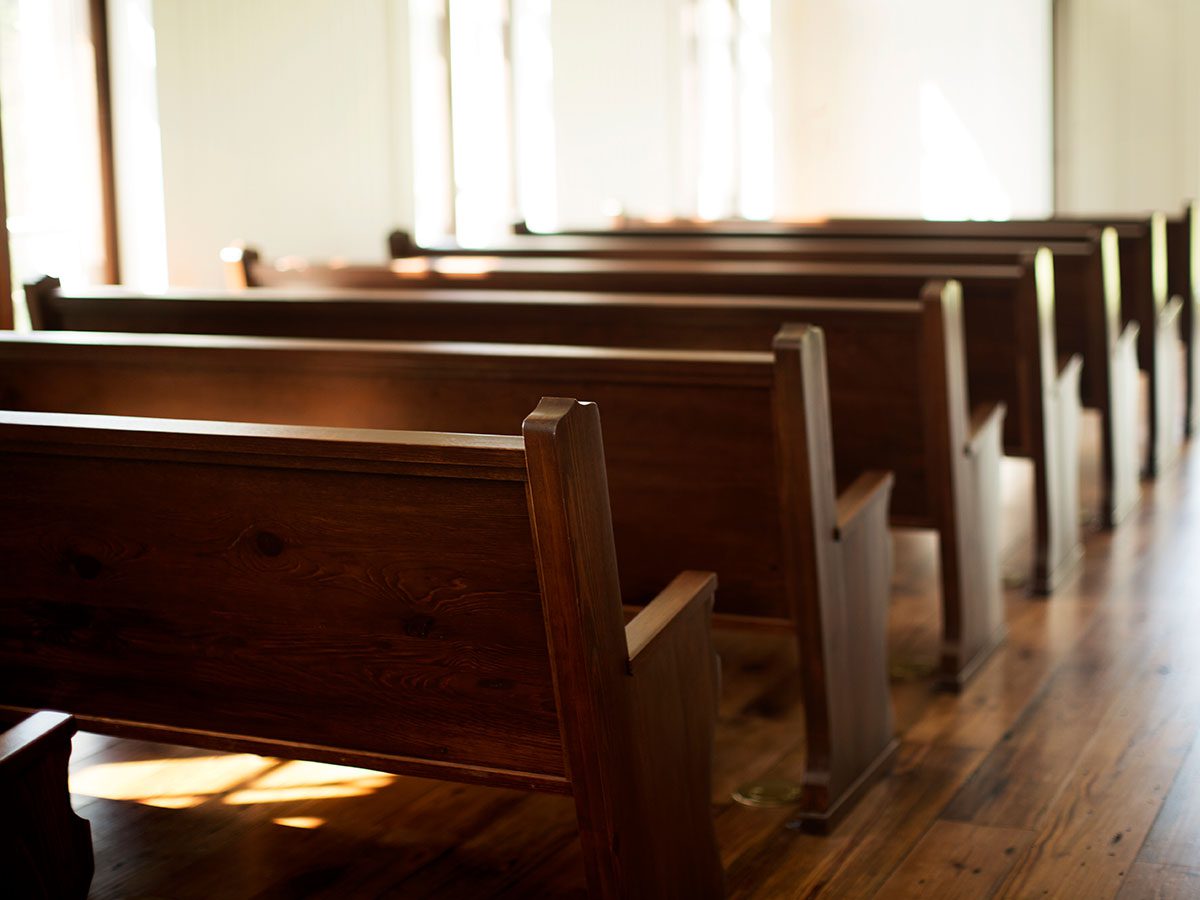
The American Worldview Inventory survey from George Barna at Arizona Christian University has revealed that religious faith in America continues to decline, with the number of evangelicals being lower than originally thought. The survey found that only 10 percent of respondents would be considered “evangelical,” or those who “recognize their sinful life, rely upon Jesus Christ for their redemption, and receive practical life guidance and wisdom from the Bible in their quest to live under the lordship of Jesus.” The number is lower than expected, and that’s not all that’s lower. “In reality, evangelicals are far fewer in number than typically reported, often are far less biblical in their thinking than one might think, and tend to vote in far fewer numbers than expected,” said the report. According to the report, previous numbers of 25 to 40 percent were highly inflated due to the fact that surveys relied on self-reporting. “But those figures are suspect,” said the report. “Most statistics regarding the incidence of evangelicals are based on self-reporting. It is also common for journalists and cultural analysts to deem survey data of self-identified ‘born-again Christians’ and self-identified ‘evangelical Christians’ as the same group, even though theologically speaking, they are not.”
Of those who are evangelicals, only about a third can be defined as having a biblical worldview, with nearly two-thirds (64 percent) being Syncretists, defined as, “the combination of different forms of belief or practice.” The report suggests that this syncretism is involuntary or subconscious. “The research does not suggest that evangelicals are anti-biblical or even biblically illiterate (as is true for many self-identified Christians who are not evangelicals). The study instead reveals that while evangelicals often get the ‘big picture’ of Christianity, they struggle to apply core principles to everyday situations, and are too often victims of catchy slogans and feel-good behaviors promoted by a culture propelled by competing worldviews.”
Despite 67 percent of evangelicals typically voting, only about a third plan to vote in the current election. More than half of evangelicals identify as conservative. They tend to be older with a median age around 54, still married to their first spouse (48 percent vs 34 percent of the general US population) and less likely to be single and never married (16 percent vs 31 percent). Mike Griffin of the Georgia Baptist Mission Board said pastors need to focus on teaching a clear biblical worldview. “You see, many of our millennials and Gen Z’s have not heard preaching and teaching on what the Bible has to say about the social and moral issues we are facing in our country. A common social moral code can no longer be assumed in our nation anymore. Now is the time for the church to step up to the plate and make a difference for Christ in our culture and government.”


